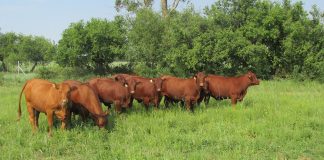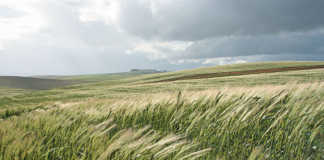But, according to associate professor Ruth Hall at the Institute for Poverty, Land and Agrarian Studies (PLAAS) at the University of the Western Cape (UWC), little progress has been made towards redressing this legacy. Hall was one of the panel members at a recent debate hosted by UWC’s School of Government commemorating the centenary anniversary of the implementation of the Natives Land Act of 1913.
She said that, as of 2008, 57% of those South Africans who are poor, were living in rural areas (most notably the former homeland areas) and this situation could be traced back to the material legacy of the Act which was “a foundation for a dualistic agrarian structure”. There was still a “stark division” she said, between the “poverty and underdevelopment in the ex-Bantustans which represent about 13% of South Africa and are home to 16 million people – a third of South Africa’s population – and on the other, the development of successful capitalist farming in the former ‘RSA’.”
According to Hall the success of commercial farmers was made possible “not only by dispossession, but also by politically-motivated production and export subsidies, price controls, regulated marketing through state control boards and trade protection.” She added that little has been done to redress this inequality.
“Land reform is often seen as the main means of doing so, and I think this is a gross distortion. Redistributing land, and making sure that people have secure rights to their land, is an important starting point. But we’ve not progressed very far even in laying this foundation.” Hall said about 6,5% of commercial farmland was reported as being transferred to black South Africans in the past 19 years since 1994 and progress has slowed down in the past few years.
While roughly 144 000 people benefitted from land reform in the first six years of the programme, about 10 000 benefitted in the first three years of president JacoZuma’s administration, during which time, Hall said, budgets were substantially increased.
“This translates to about 800 households per year, benefitting from a budget of about R1,5 billion.” Hall also said that the focus of land reform appeared to have changed “from a project of resettling large numbers of the rural poor on land of their own … to one of settling a modest number of promising individuals on farms, to enable the de-racialisation of commercial farming.”











